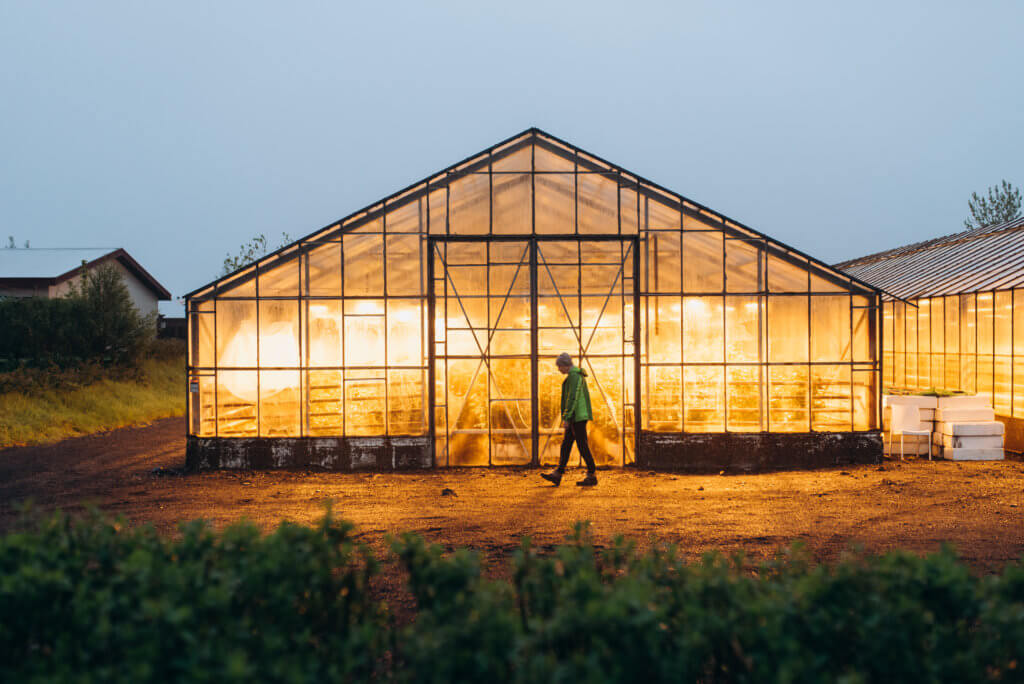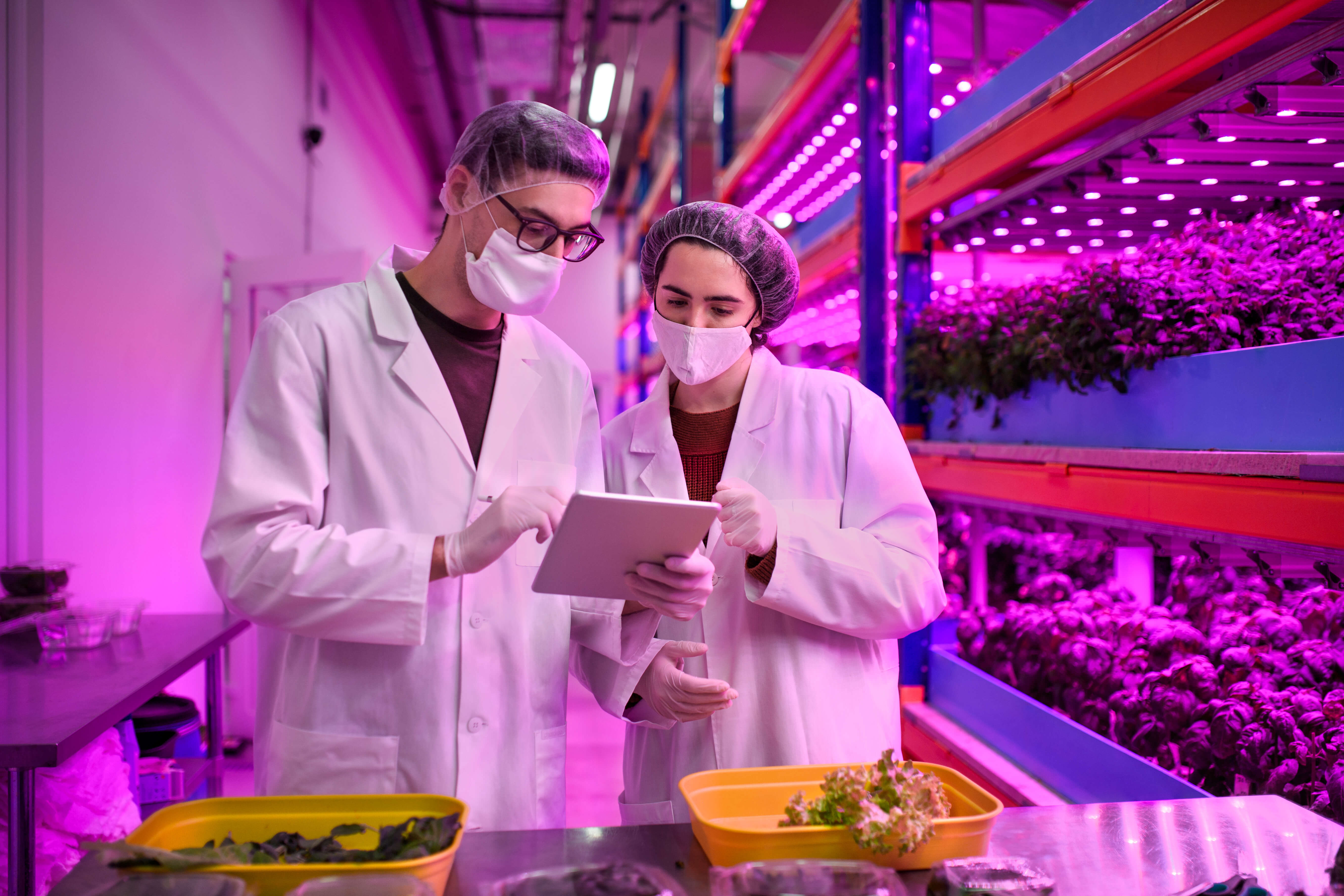Italy is known for many things: great wines, great food, and great climate, among many others. With more affordable tuition fees than other European countries, it is little wonder that many international students flock to the beautiful country to pursue postgraduate programmes in Agribusiness at Università Cattolica del Sacro Cuore .
Many feel fortunate almost as soon as they arrive. Here, they are part of a close-knit community that prides itself on giving everyone the chance to do their best. In small, personal classes, they follow high-quality curricula. These lessons come to life when they take it global with the many study abroad opportunities organised by the university or into placements or internships with top companies like Ferrero.
The Piacenza and Cremona campuses – where these degrees are taught – are close to the cultural mecca of Milan City and international airports. The Cremona campus is housed in the just-renovated historic Santa Monica Monastery in the city centre, which spans across 12,000 square metres of university buildings, high-tech labs and teaching rooms, and 20,000 square metres of green space.
As Università Cattolica’s innovation hub, Cremona is home to the newly launched FoodLab with the latest equipment to facilitate ground-breaking research on provisions and production techniques.

With strong industry connections and strategic campus locations in Italy’s food capitals, Università Cattolica del Sacro Cuore is one of the best universities in Italy to pursue a postgraduate programme in agri-business. Source: Shutterstock
Cremona’s experiential degrees
Agricultural and Food Economics students participate in real-life simulated business game challenges, and take part in a semester-long exchange in Europe or beyond. As the first and only programme to be certified by the Italian Association for Management Education Development that is also flexible, they can specialise in their second year by choosing one of two tracks: Agri‐Food Economics and Management or Food Consumer studies. There’s an option to take on a double degree with prestigious partners like Wageningen University in the Netherlands and the Agricultural, Food and Environmental Policy Analysis Consortium.
As for their peers in the Food Processing: innovation and tradition programme, they can typically be found at internships with top companies — in 2022, this is set to be even more exciting. Despite the pandemic, the food sector is still thriving with 3.6 million job opportunities worth 25% of Italy’s GDP. Its sustainability is more relevant than ever, with discourse on eating insects rather than meat, or edible ice cream palettes instead of plastic, gaining traction.

Source: Shutterstock
Dynamic degrees in Italy’s ‘Food Valley’
Over at Piacenza, approximately 53,000 agricultural businesses are contributing some 113 billion euros to the national agri-food sector. This city produces the largest amount of D.O.P. (Protected Designation of Origin) and D.O.C. (Designation of Controlled Origin) cured meats, cheeses and wines in Italy.
Fittingly, the addition of the brand new SensoryLab – a laboratory with the latest technology in sensorial analysis – helps students learn and identify the main sensory evaluation techniques applied to various food and drink products like coffee, beer, and chocolates on top of local produce from the Po Valley Region.
Wine laboratories at the Piacenza campus also let students and researchers control odours, light sources, noise, temperature and humidity. This way, tasters can better express their thoughts and feelings about the wines given during the food pairing. Close by is a small yet precious experimental vineyard where students can have a practical approach making their own wine.
Programmes offered at this dynamic campus include the Bachelor of Science in Food Production Management and Postgraduate programmes in Viticulture and Enology, Sustainable Viticulture and Enology.
If you are interested in pursuing postgraduate studies at one of Italy’s best universities for Agribusiness, check out Università Cattolica del Sacro Cuore today.
Follow Università Cattolica del Sacro Cuore on Facebook, YouTube and Instagram










